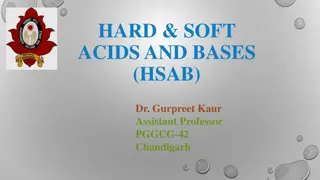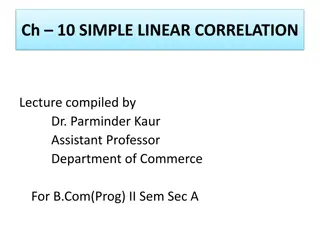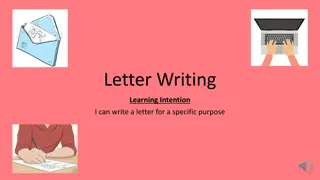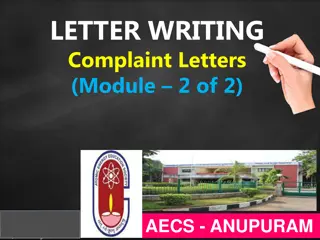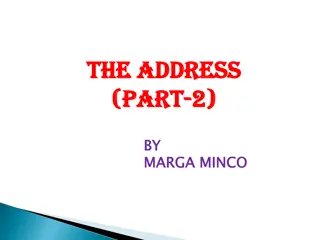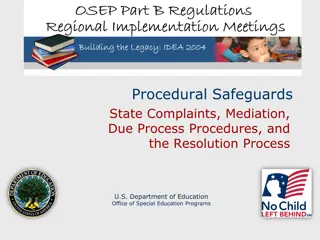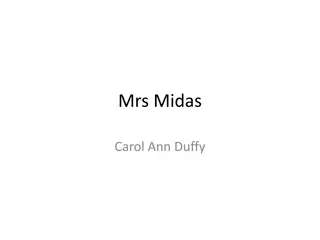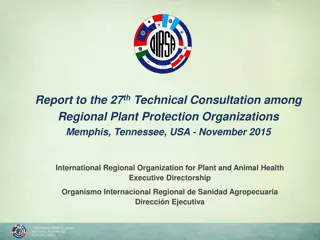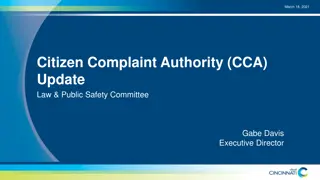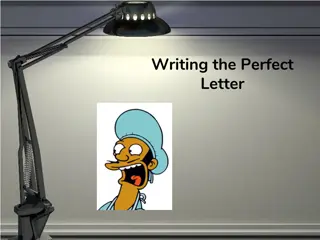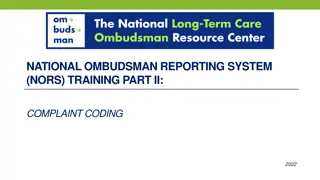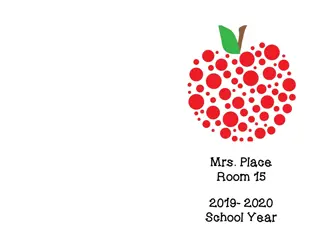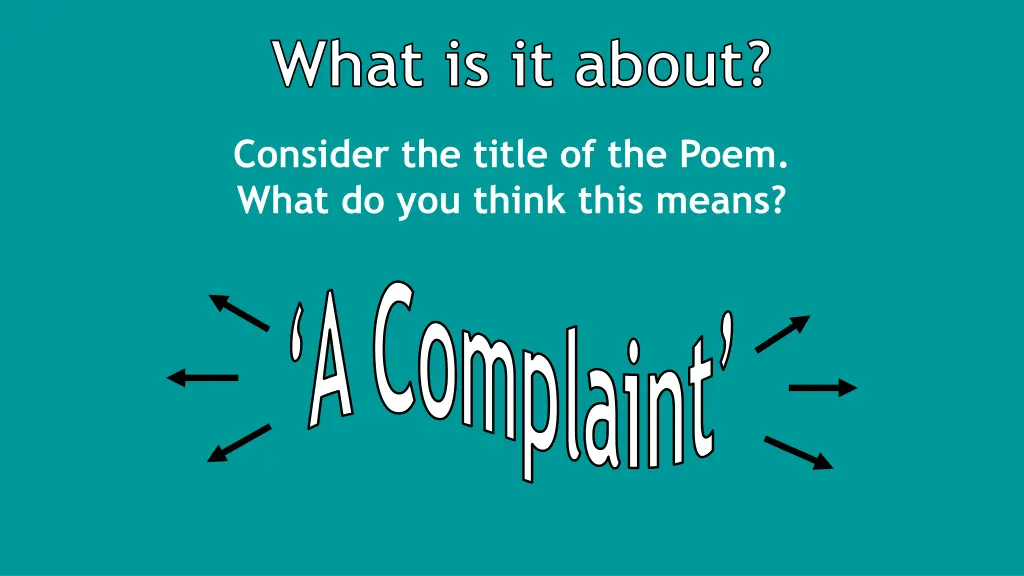
Poetic Reflections on Lost Love
Explore a poignant poem expressing the loss and transformation of a relationship. The speaker laments the changes that have occurred, reminiscing on a love that used to flow freely like a fountain but now feels distant and changed. Through vivid metaphors and emotional tones, the poem delves into the depths of heartache and longing for what once was.
Download Presentation

Please find below an Image/Link to download the presentation.
The content on the website is provided AS IS for your information and personal use only. It may not be sold, licensed, or shared on other websites without obtaining consent from the author. If you encounter any issues during the download, it is possible that the publisher has removed the file from their server.
You are allowed to download the files provided on this website for personal or commercial use, subject to the condition that they are used lawfully. All files are the property of their respective owners.
The content on the website is provided AS IS for your information and personal use only. It may not be sold, licensed, or shared on other websites without obtaining consent from the author.
E N D
Presentation Transcript
What is it about? Consider the title of the Poem. What do you think this means? A Complaint
Who is your best friend? Complete a Facebook profile for your best friend. Include: At least five current status updates, which reveal what they are interested in, what you both like to do together and what makes them your best friend Hobbies Interests
A Complaint The poem is about a serious change that has occurred someone in his life, a friend, a lover has left him, or has changed to the point where they are no longer the same person. Instead, a stranger remains, so he mourns the person they once were and the relationship they once had.
Staza One Who is poor? In what sense is he poor? Wealth, health ? There is a change and I am poor; Your love hath been, nor long ago, A fountain at my fond heart s door, Whose only business was to flow; And flow it did; not taking heed Of its own bounty, or my need. The fact that his heart is flooded like a fountain, how much does this imply that he was hurt? What tone is established at the opening of this poem?
Stanza Two When he looks back on what their friendship used to be like, what emotions does he feel? What happy moments did I count! Blest was I then all bliss above! Now, for that consecrated fount Of murmuring, sparkling, living love, What have I? shall I dare to tell? A comfortless and hidden well. What tone is established as he looks back on their relationship? What is the impact of the repeated rhetorical devices?
Stanza Three Do you think he trusts the other person? A well of love it may be deep I trust it is, and never dry: What matter? if the waters sleep In silence and obscurity. Such change, and at the very door Of my fond heart, hath made me poor. What tone is established at the end of the poem? Do you think he still holds any love for the other person?
First line contains two firm statements. The semi-colon indicates an explanation or elaboration of some kind will follow. Stanza 1: The metaphor of rushing water and the repetition of flow highlights the force and amount of love the narrator felt. There is a change and I am poor; Your love hath been, nor long ago, A fountain at my fond heart s door, Whose only business was to flow; And flow it did; not taking heed Of its own bounty, or my need. Narrator addresses their friend/lover directly, making the poem seem personal. Enjambment indicates the urgency of flowing love. It spills over the line, unrestrained. Change to past tense- narrator is looking back. The love showed no consideration for its own strength or the narrator s requirement of it.
Exclamation shows the strength of the emotions the narrator feels when thinking about the moments they shared. It also creates a pause as the speaker reflects on the past. Alliteration of Blest and bliss highlights how excited the speaker is and the joy they used to feel. Stanza 2: What happy moments did I count! Blest was I then all bliss above! Now, for that consecrated fount Of murmuring, sparkling, living love, What have I? shall I dare to tell? A comfortless and hidden well. Turning point- the narrator starts to explain the change, bringing the focus back to the present. List of three lively but gentle adjectives- they emphasise that it was an enthusiastic but pure love. The fountain metaphor is replaced by the image of a well- the love has changed from a sacred consecrated fount to a mundane hidden well. This is symbolic of how the relationship has changed. Rhetorical questions are dramatic- narrator is emphasising the extent of their sadness. Religious language adds a divine quality to the happiness the narrator felt- it was sacred.
Rhetorical question creates a sense of negativity and bitterness. Stanza 3: The love hasn t disappeared completely- this could show the narrator has some hope, despite the negativity in the rest of the stanza. Sombre language contracts with the lively adjectives on line 10- the love is now lifeless and hidden. A well of love it may be deep I trust it is, and never dry: What matter? if the waters sleep In silence and obscurity. Such change, and at the very door Of my fond heart, hath made me poor. Repetition of content from the first lines of the poem act as a conclusion. The narrator has explained the complaint and rounds off the argument, bringing the reader back to the present situation and their sense of loss. A door is part of a home- suggests closeness and intimacy as well as being personal.




